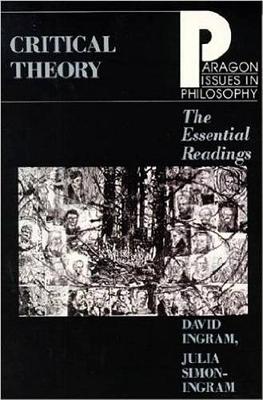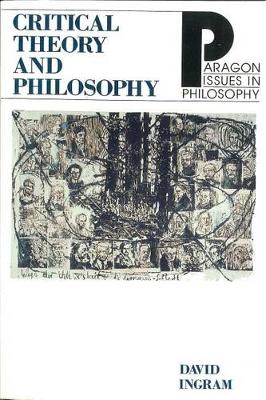Paragon Issues in Philosophy
2 total works
This selection of some of the most important writing of the Frankfurt School and its critics provides beginning and advanced philosophy students with a solid grounding in critical theory. Substantial selections have been chosen from the works of Theodor Adorno, Max Horkheimer, Herbert Marcuse, and Jurgen Habermas as well as well-known feminist and post-structuralist critics Michel Foucault, Jean-Francoise Lyotard, Nancy Fraser, and Seyla la Benhabib.
The twenty-two selections in Critical Theory: The Essential Readings provide students with a lucid overview of the central themes and concerns of critical theory. The main introduction and prefaces to sections discuss the writers and selections, highlighting connections between ideas and their historical contexts. In addition, Critical Theory contains the first full translation of Habermas' influential essay, "Modernity: An Unfinished Project."
The introduction preceding each article orients the student to the general theory of the author and relates the particular article to the other materials in the book. The individual introductions also include particular historical events surrounding each article so students can read the pieces in context. The editors have also selected substantial pieces by each contributor and have avoided excerpting wherever possible.
The arrangement of the selections in Critical Theory: The Essential Readings parallels the material in Critical Theory and Philosophy, and when read in conjunction with it presents the leading ideas of the Frankfurt School in the most accessible format possible.

